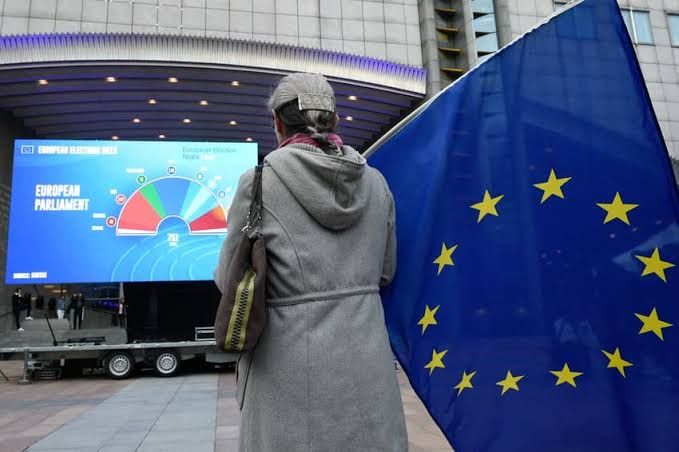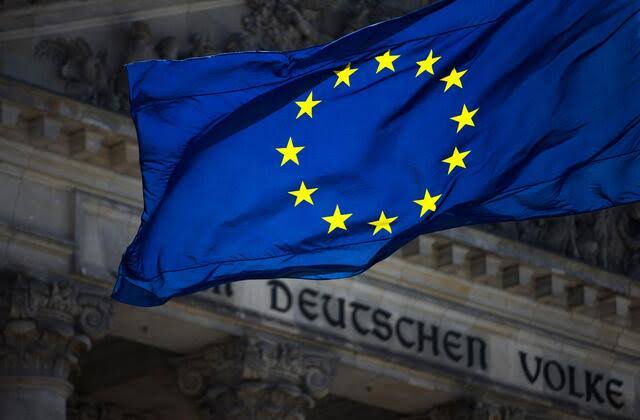Falcon powers – An unpopular government with a reputation for constant infighting. An economy stuck in a rut. A strong far-right party that has been embarrassed by its leading candidate and alienated its European allies.
And a mainstream opposition still working on its recovery.
German politics are in a disgruntled, volatile state as the country’s voters prepare to fill 96 of the 720 seats at the European Parliament on June 9, the biggest single national contingent in the 27-nation European Union.

It’s the first nationwide vote since center-left Chancellor Olaf Scholz took power in late 2021, ending the 16-year reign of center-right predecessor Angela Merkel.
Her era was marked by often-consensual politics and a string of “grand coalition” governments between the traditional major parties of right and left.
That coziness, already tested during Merkel’s time by a series of crises and the rise of the far-right Alternative for Germany, or AfD, is well and truly over.
“This European election is taking place in the context of an economic crisis, but also a government crisis, because the government … really has very low popularity ratings,” said Johannes Hillje, a Berlin-based political consultant.
Voters are likely to use the vote to signal their discontent, he added.


